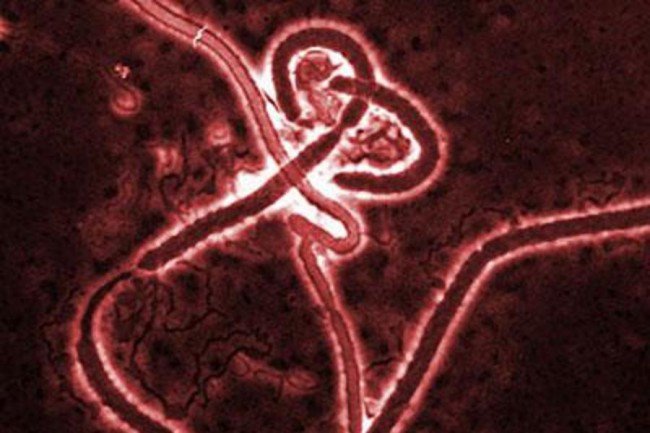
The World Health Organization (WHO) has issued a rare rebuke to the nation of Tanzania over concerns that the country may be hiding information about Ebola cases occurring within its borders. The allegation follows reports of multiple cases throughout the nation, beginning in the capital city of Dar es Salaam. WHO said it was informed by Tanzanian officials that the Ebola virus had been ruled out, but it has been shut out from blood tests and has received no further information.
According to a statement from the agency, there have been unofficial reports that a 34 year old doctor returning from Uganda died in Dar es Salaam on September 8 after exhibiting symptoms common to several diseases, including Ebola. The identified contacts of the deceased were unofficially reported to be quarantined in various sites in Tanzania. Two other suspected cases were also unofficially reported.
According to WHO, Tanzanian officials have not offered alternative diagnoses for the cases. Tanzanian Health Minister Ummy Mwalimu said on September 14 that the government had investigated two cases and found that the “patients did not have Ebola.” Mwalimu did not clarify whether those two cases included the deceased doctor.
Authorities in east and central Africa have been on high alert for possible Ebola cases as a 13-month outbreak in the Democratic Republic of the Congo has killed more than 2,000 people. The outbreak of the hemorrhagic fever was officially declared in August 2018 and has involved over 3,000 reported cases. The outbreak has largely been confined to DRC’s eastern North Kivu and Ituri provinces but a few cases were confirmed in neighboring Uganda earlier this year.
The disease has been largely subdued with the help of international organizations. WHO spokesman Tarik Jasarevic said in an interview that WHO was “continuing to work” with pharmaceutical giant Merck to increase the availability of Ebola vaccines. Those vaccines have been administered to more than 220,000 people so far in a bid to curtail the outbreak. A second vaccine, manufactured by Johnson & Johnson, will be introduced soon. Jasarevic said that there is “sufficient supply” to deal with any incident in Tanzania.
